In many Central American countries, there are laws that criminalise women, especially through the use of the abortion ban in all circumstances. These measures have led many women are prosecuted and imprisoned for exercising their right to comprehensive health care.. These and other structural causes limit women's autonomy to decide about their bodies, including the planning of their childbearing and the use of family planning methods.
In 2023, the Women's Rights Centre (CDM) Honduras, with the support of Calala, conducted a nationwide press survey. The data revealed 742 assaults on women and girls, of which one 58% were offences against life and 30% were sexual offences. Alarmingly, a 3% of these crimes were committed against girls aged 0-9. In addition, women with disabilities have up to ten times more likely to experience gender-based violence than those without disabilities.
The states of exception in El Salvador and Nicaragua, together with militarisation in Guatemala and Honduras and the violation of human rights in Nicaragua, have led to the criminalisation and incarceration of people from the LBTIQ+ community. Lesbian women with masculine expression, along with transgender people, face increased risks of detention and are afraid to openly express their sexual orientation and gender identity. for fear of being imprisoned.
In many Central American countries, there are laws that criminalise women, especially through the prohibition of abortion in all circumstances. These measures have led to many women are prosecuted and imprisoned for exercising their right to comprehensive health care.. These and other structural causes limit women's autonomy to decide about their bodies, including the planning of their childbearing and the use of family planning methods.
In today's international political context, it is no longer only economic, border and resource control that matters, but also control over the bodies and rights of women and the LGBTIQ+ community. This is why, we fund collectives and organisations that defend the right to joy and joyful rebellion as a form of political action. We support initiatives that promote diverse perspectives and fight for equality and human rights.
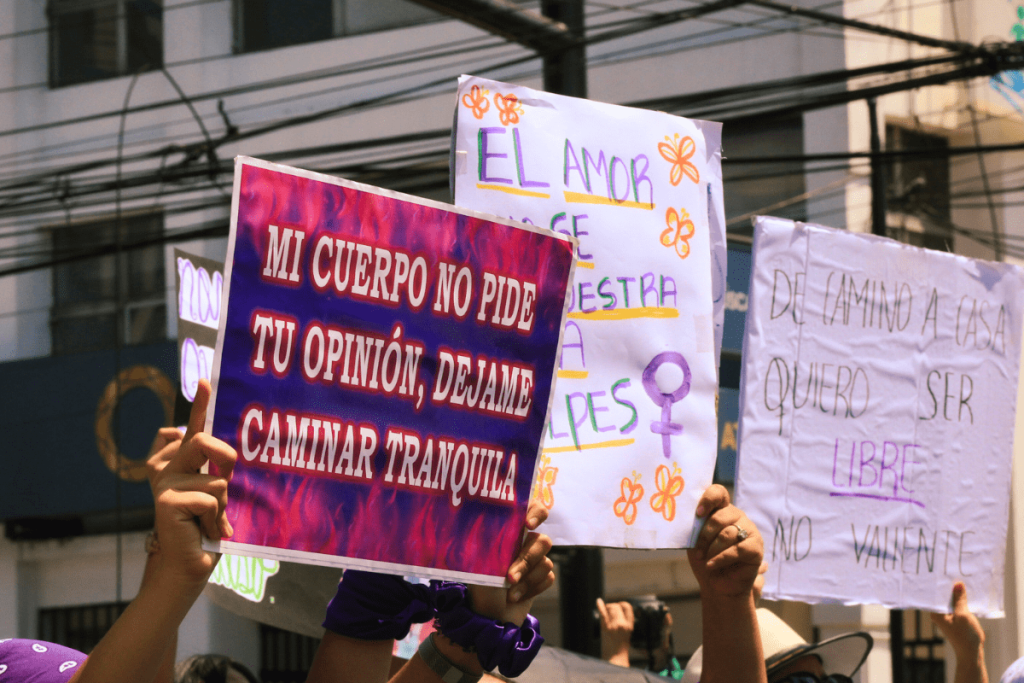
They defend the right to a violence-free life and create local support networks.
They promote rights of the people of the LBTIQ+ community.
They support women's rights sex workers.
They put on the public agenda the rights of women with functional diversity.
They encourage sexual and reproductive rights education for women, girls and adolescents.
Training women to become midwives/midwives in order to improve the care and health of women during pregnancy.
They provide information on the right to abortion and free choice of motherhood, in addition to collaborating in the fight for its legalisation in countries where it is banned.
They are part of a a decolonial perspective on accompaniment they provide in the communities in which they work.

Kawoq Women's Collective
Based in El Salvador, is a ecofeminist political space made up of diverse womenThe following groups are involved: peasant women, rural women, unpaid and paid domestic workers, professionals, informal workers, small traders, lesbians, bisexuals, transgender women of different ages. They articulate against neoliberal and patriarchal public policies, constructing strategies and proposals to strengthen resistance in defence of their bodies and territories. They work to guaranteeing women's human rights and sustaining the web of life.

ASPIDH Arcoiris Trans Association
It is a trans women's organisation that defends and promotes the human rights of LGTBIQ+ people in El Salvador, through activism and advocacy. Its priorities are the representation, visibility and defence of sexual diversity, as well as the protection of human rights.
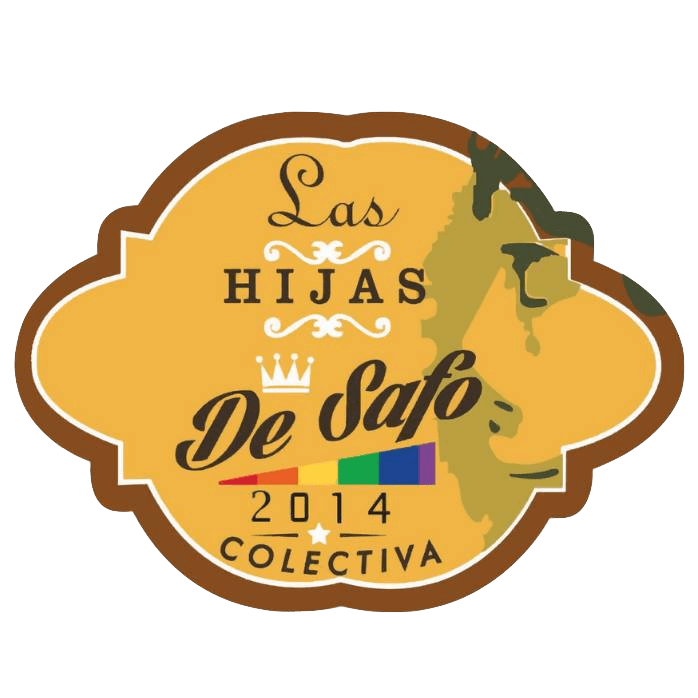
Lesbofeminist collective Las Hijas de Safo (Sappho's Daughters)
It emerged in March 2014 as one of the few lesbian women's collectives in El Salvador. This group assumes lesbofeminism as a radical and transformative political commitment, seeking to create spaces for strengthening their autonomy, with the principal claim of the freedom to decide about their bodies, desires and pleasures. They question the heterosexual regime, the institutionalisation of violence, neoliberal policies, capitalism, colonialism, racism and classism. Its approach focuses on a policy of healing, self-care and collective care., with the aim of strengthening the lesbofeminist movement in El Salvador.
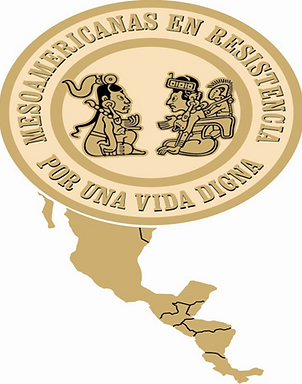
Mesoamerican Women's Network in Resistance for a Dignified Life
It is an articulation founded in 2004 that works proactively for the empowerment of women and the defence of the body, land and territory. Its mission is to articulate diverse women in the struggle for the defence of their rights, as well as by the care and protection of the web of life, from a feminist economic perspective. In addition, this network acts as an articulating agent with a strong territorial and national commitment, promoting political debate and public denunciation. with public bodies and municipal governments.
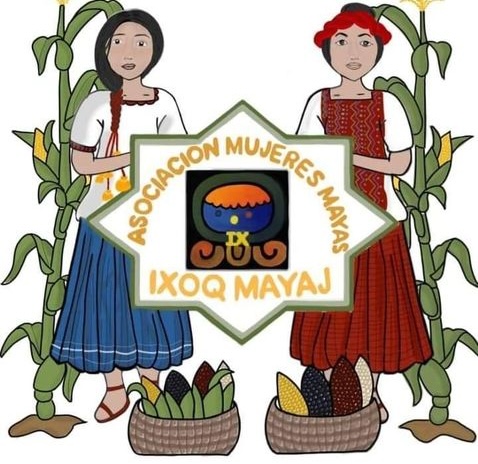
Association of indigenous and peasant women Ixcoq Mayaj
Sof the Verapaz Union of Campesino Organisations (UVOC). on 21 December 2008, is an organisation that works for the integral development of rural and indigenous women from the Q'eqchi', Poqomchi', and Achi communities in the region of Tezulutlán, Guatemala. Its mission is to promoting rural development from a cosmogonic and ethnic perspective, advocating for a a fairer, more inclusive and equitable society, with real democracy, where women and indigenous peoples are at the centre of development. The partnership also focuses on combating inequality and violence against women, offering technical, legal and administrative support to address these issues.
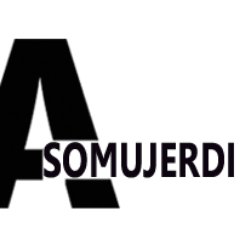
ASOMUJERDI
Sololateca Association of Women for Integral Development (ASOMUJERDI) is a non-profit, socio-cultural and legal women's organisation with no party political or religious affiliation. Its main objective is to preventing early childbearing through information dissemination and the promotion of public participation in development programmes. Its activities include trainings, radio programming and festivals oriented to the promotion of the human rights of women and girls. girls, adolescents and young women of K'iche’ Mayan ethnicity.
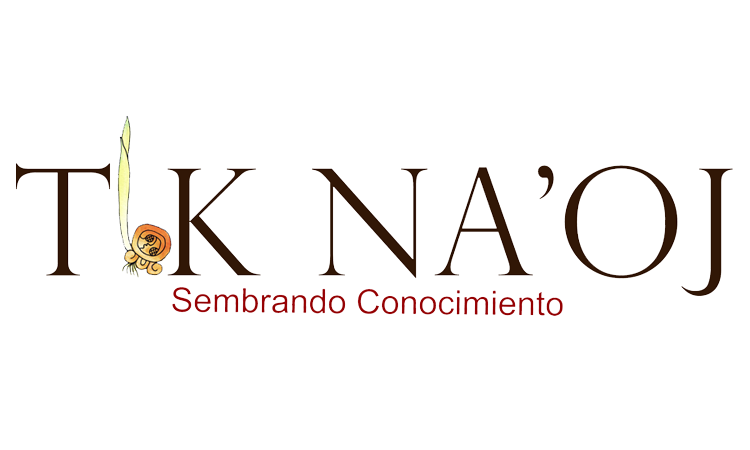
Tik Na'oj
They are a group providing analytical tools to foster a critical vision on issues related to indigenous peoples, youth, political participation, migration and sustainable projects. They seek to contribute to establishing stakeholder groups that have a political impact on their communities to transform social reality. Empowering youth, through knowledge, to political, social, economic and cultural influence.
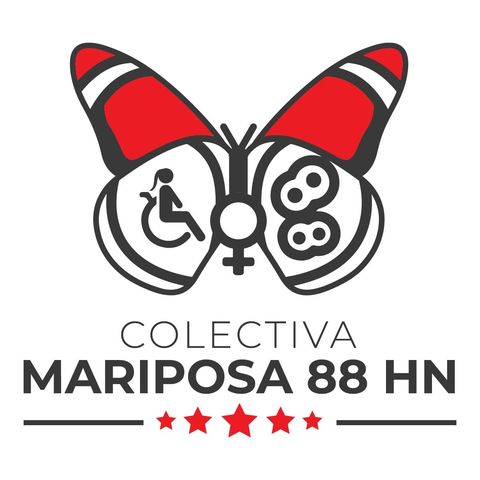
Butterflies Collective HN 88
Created in 2019, this collective is currently the first feminist organisation of women with disabilities in Honduras. It is an organisation run by women with functional diversity and carers, who face discrimination on the basis of disability. 1. Self-care and recognition of the rights of women with functional diversity. 2. Sexual and reproductive health. 3. Employability. 4. Political participation. 5. Gender-based violence.
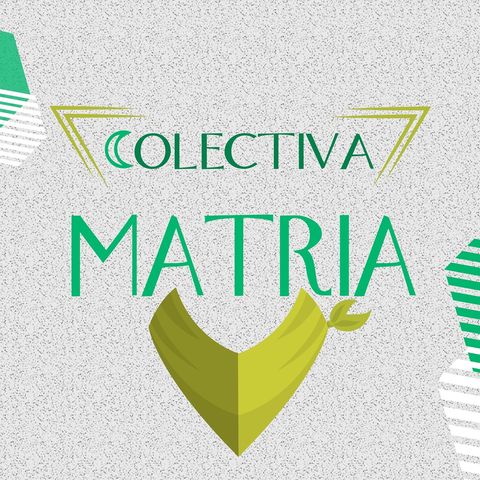
Matria Collective
It is a collective of young women who undertake actions to increase Honduran women's access to information on sexual and reproductive rights through the development of self-managed processes of feminist political education, the management and attention of a telephone line called “La Línea Segura Hn” where women can make their queries, and through the use of art in workshops and street actions.
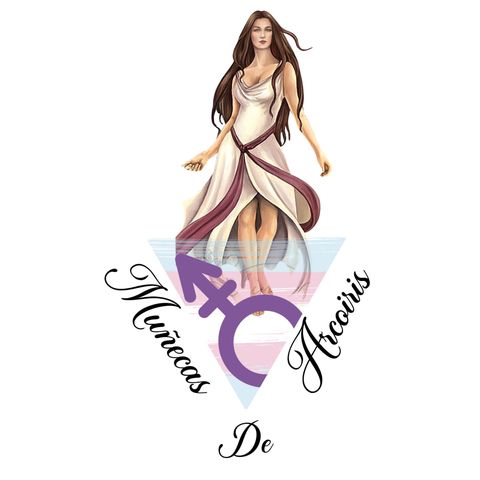
Rainbow Dolls
It is a collective of trans women and sex workers in Honduras.
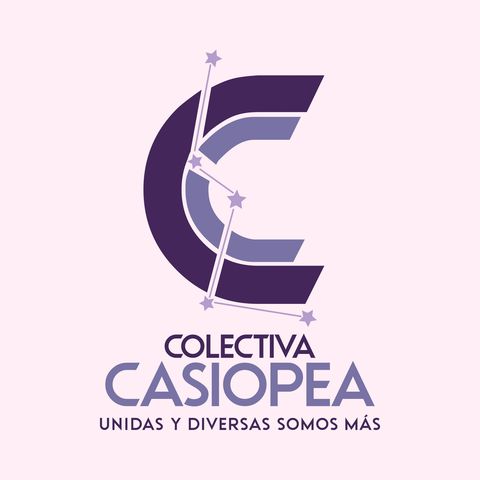
Casiopea Collective
This group of women of the Honduran Atlantic Coast is organised for the purpose of to politically, economically and culturally transform the reality of girls, adolescents and women in the Region., promoting values and principles oriented towards the deconstructing patriarchy, colonialism and imperialism, The main aim of the project is the full emancipation of women.
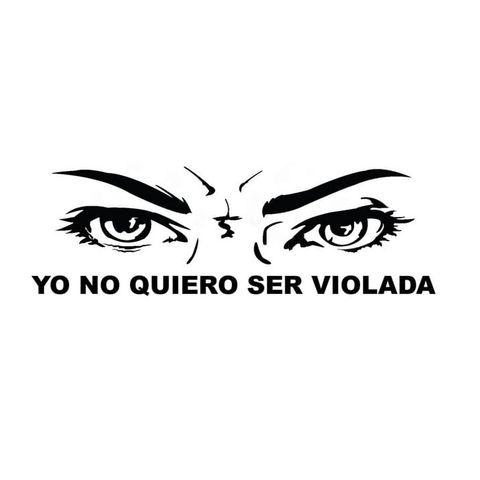
Network I don't want to be raped
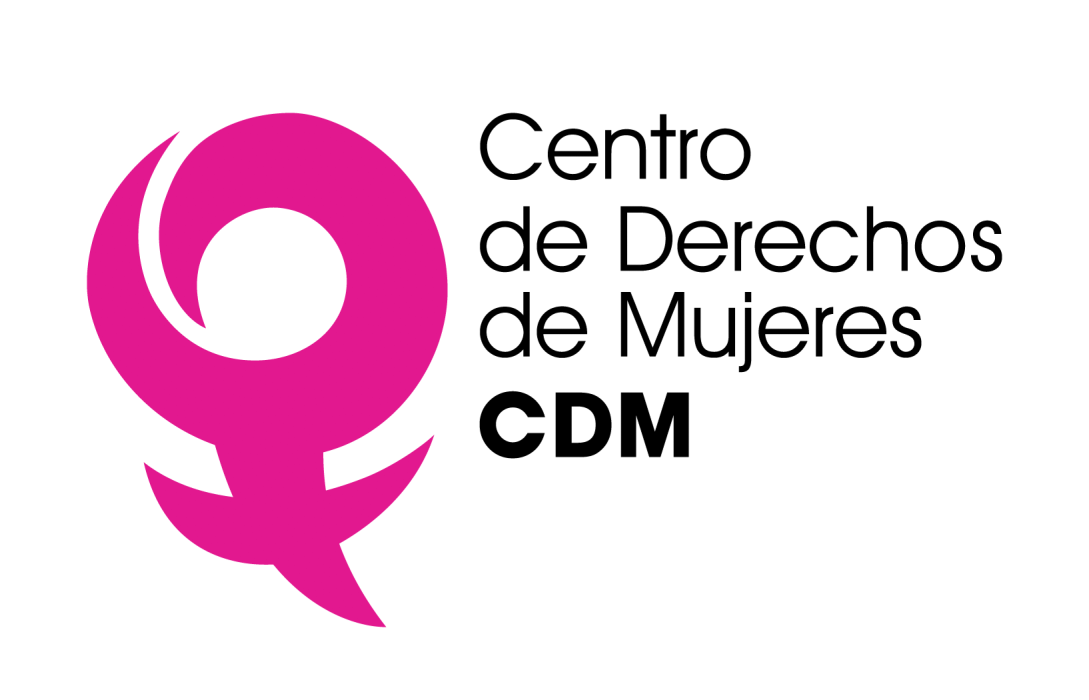
Women's Rights Centre
Feminist, autonomous, critical, proactive organisation, which fights for the strengthening of the autonomy, the exercise and enjoyment of rights, citizenship, gender equality and justice for women since 1992.

The Central American Parasol
It was created in 2015 in response to the need to create a common bloc of sexual and reproductive rights organisations to highlight the violation of Central American women's rights. It is a regional platform that brings together more than 50 sexual and reproductive rights organisations from seven countries in the region (Guatemala, El Salvador, Honduras, Nicaragua, Costa Rica, Panama and Dominican Republic)., with spaces of articulation also at the national level.